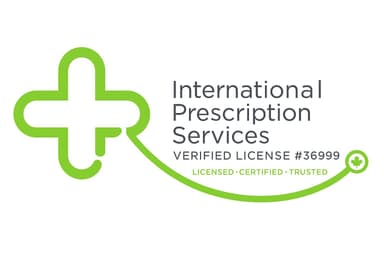
We offer competitive pricing on all our medications. We'll match if you find a lower price on an identical product at a verified Canadian online pharmacy!
- The competitor’s price must be active (no past/future sales).
- It is only valid for Canadian online pharmacies with a verifiable address.
- The product must match the strength, pack size, quantity, manufacturer & origin.
- There are no price matches on used/expired medications.
- You must submit your requests before placing an order.
- We cannot adjust prices after purchase.
- Request via live chat or phone before placing your order.
Note: We do not currently price match Ozempic® or Saxenda®, but this policy may change in the future.
